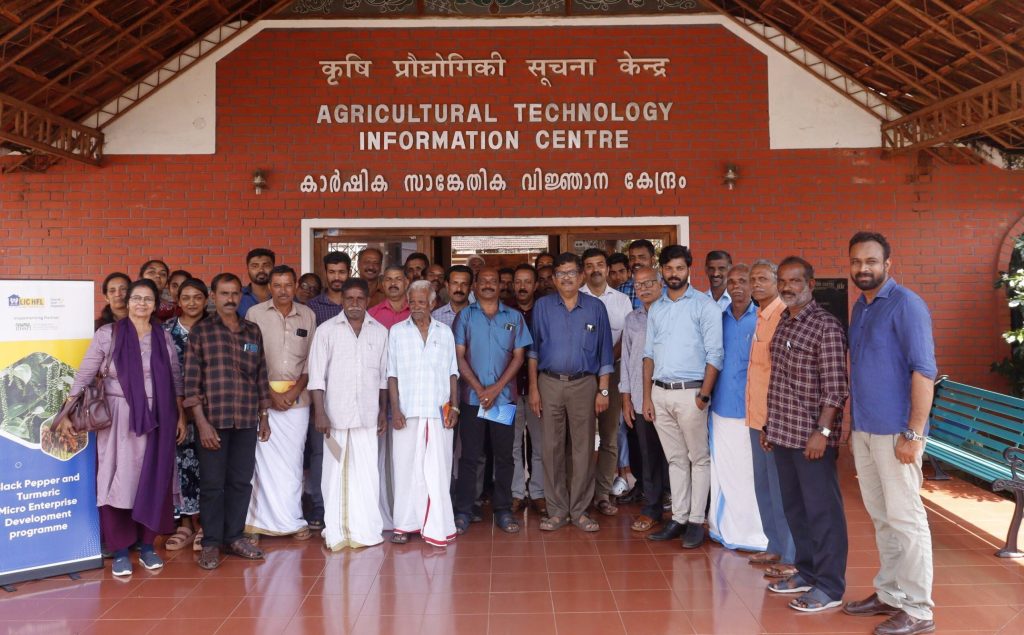
On September 30, 2024, a one-day training program and institute visit was organized at the ICAR-Indian Institute of Spices Research, Calicut, as part of the ongoing initiatives under the LIC HFL CSR project. The project aims to promote sustainable agricultural practices, value addition, and micro-enterprise development in black pepper and turmeric cultivation. The training focused on educating farmers about Good Agricultural Practices (GAP) and the latest technologies in spice cultivation, particularly pepper and turmeric. A total of 35 farmers from the Noolpuzha and Adikolly clusters participated in the programme.
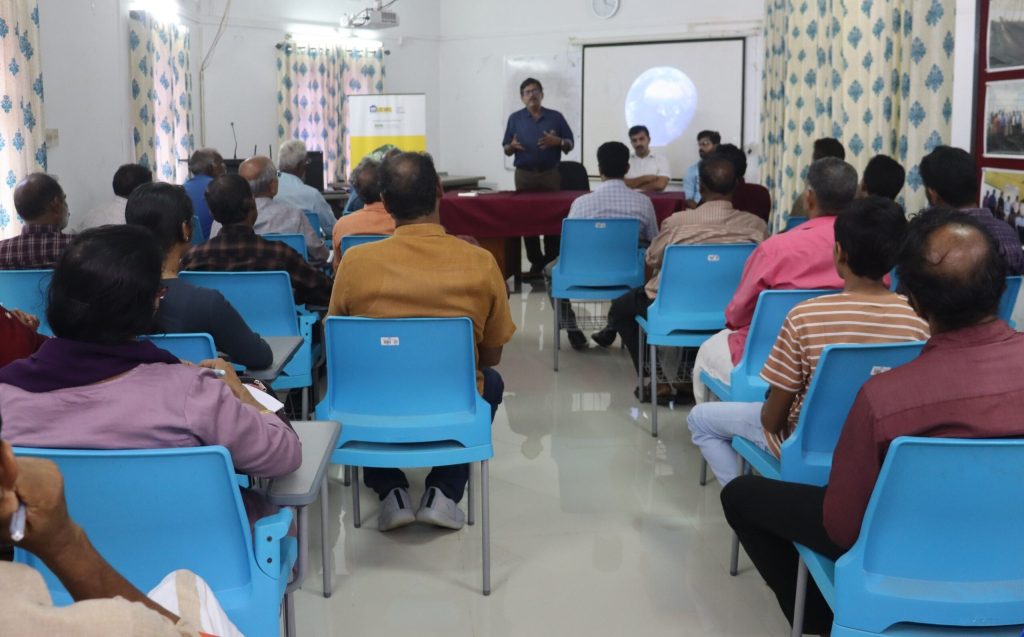
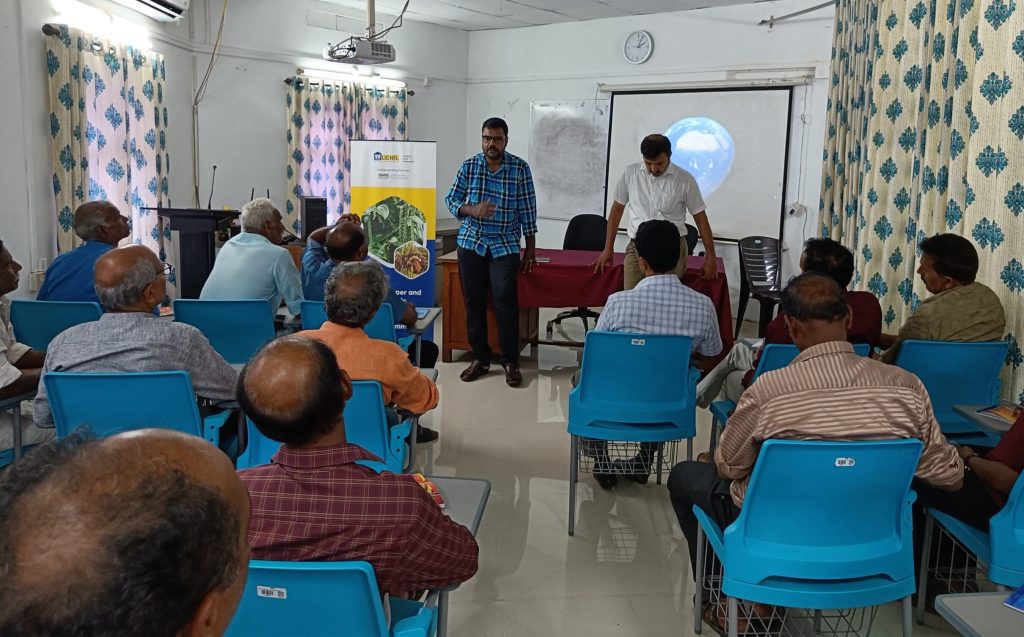
The session led by Dr. Lijo Thomas, Senior Scientist, ICAR-IISR. During his session, Dr. Lijo Thomas explained the fundamentals of GAP and emphasised its importance in ensuring sustainable and efficient spice cultivation. He provided detailed guidance on land preparation, plant spacing, and nutrient management for pepper and turmeric cultivation. Additionally, Dr. Lijo Thomas introduced the farmers to advanced cultivation technologies, including improved spice crop varieties released by ICAR-IISR and available micronutrients and biocapsule technology developed by the organization. He also addressed the critical aspect of soil and pest management, sharing practical insights on maintaining soil fertility and combating common pests and diseases in pepper and turmeric crops.
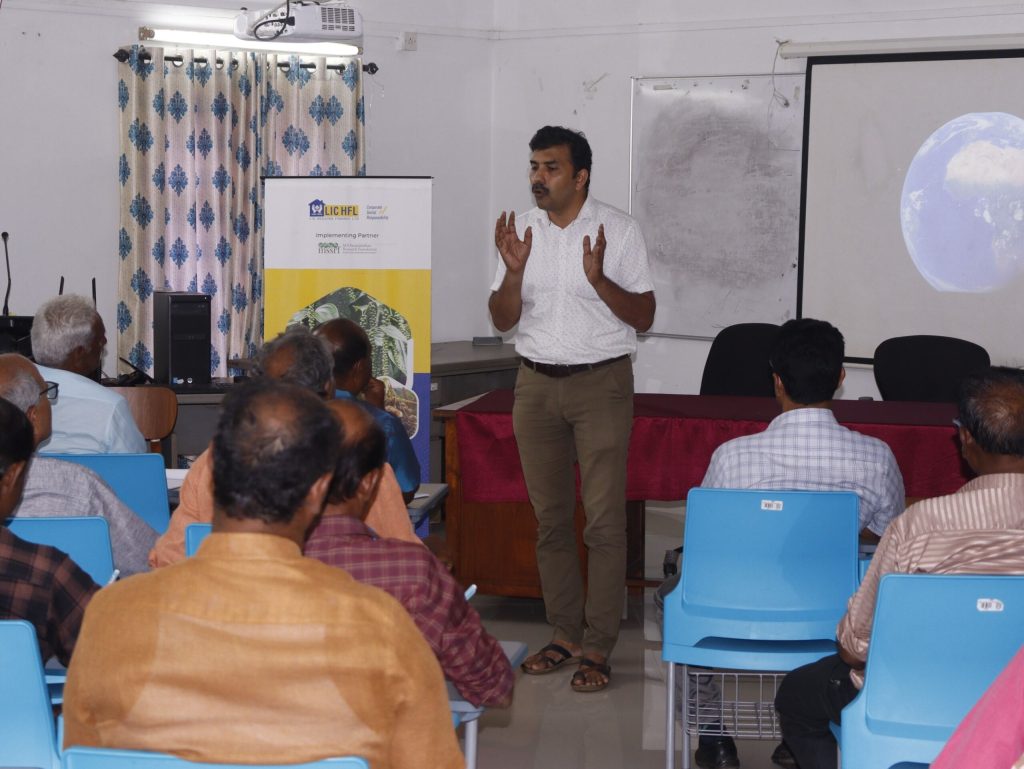
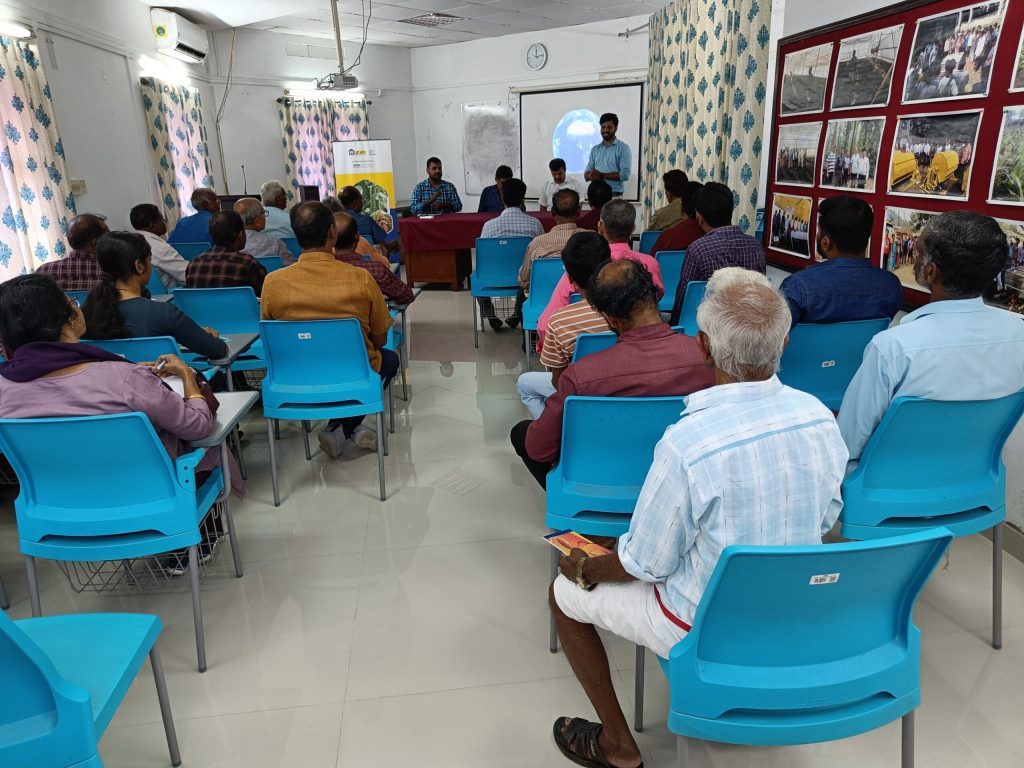
The training session was followed by an interactive discussion with Dr. Rajeev P, Principal Scientist, ICAR-IISR, Dr. Lijo Thomas, Senior Scientist, ICAR-IISR, Dr. Sajeesh P, Senior Scientist, ICAR-IISR, and Mr. Sanil P, Development Coordinator, MSSRF, engaged with the farmers. They answered queries related to spice cultivation, disease management, and sustainable farming, helping the participants to resolve specific challenges they faced in their fields. The interaction allowed the farmers to better understand how to apply GAP and new technologies in their agricultural practices.
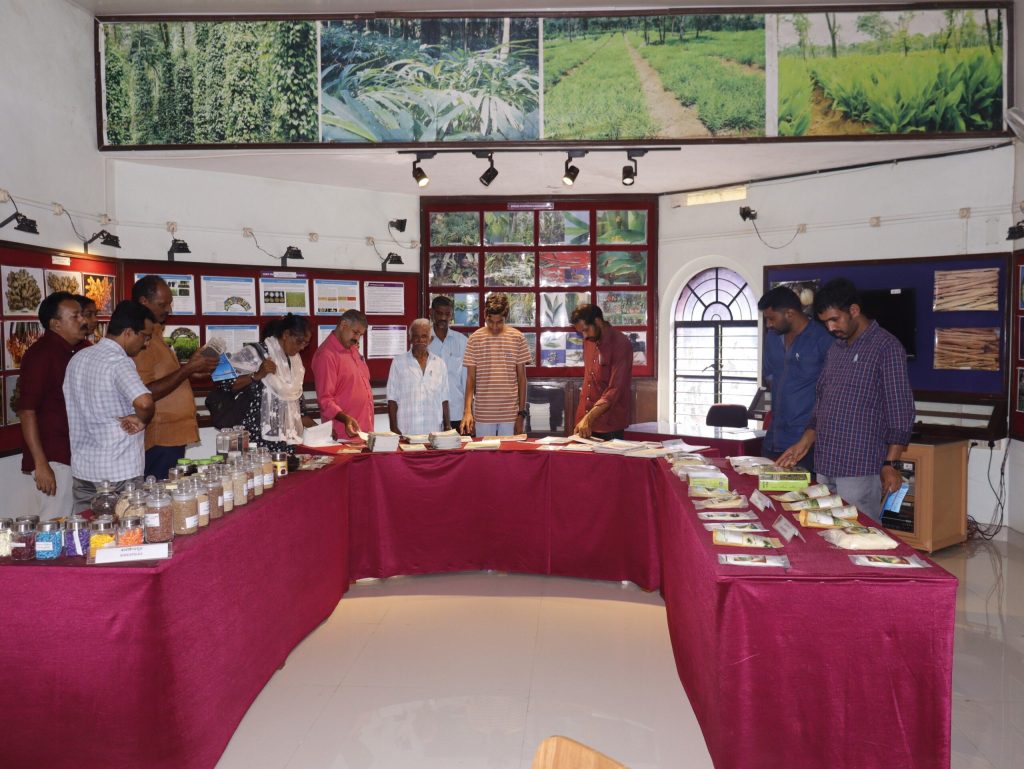
The program concluded with a visit to the ICAR-IISR facilities. Overall, the event was well-received by the farmers, who left with a greater awareness of Good Agricultural Practices and the latest technologies in spice cultivation that could enhance the productivity and profitability of the spice farmers.
